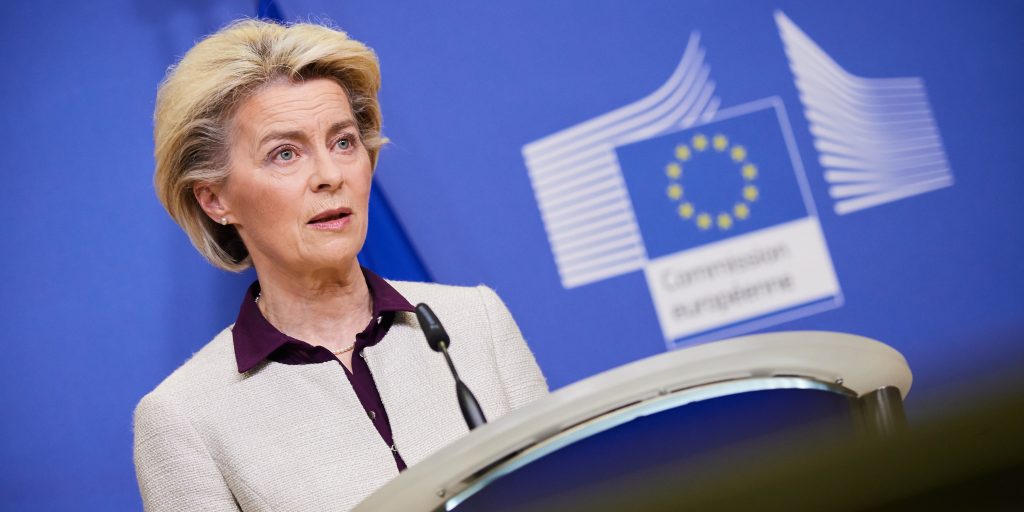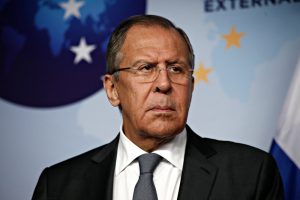The latest measures coincide with the third anniversary of the Ukraine invasion and respond to Trump’s shift toward Moscow.
Others are reading now
The European Union has announced a new round of sanctions against Russia, marking the 16th package of measures imposed since the war in Ukraine began in 2022.
The sanctions, which coincide with the third anniversary of the invasion, aim to further restrict Russia’s ability to fund its military efforts.
This move also comes as former U.S. President Donald Trump strengthens ties with Moscow, sparking concerns among European leaders.
Sanctions Target Russia’s “Shadow Fleet” and Energy Sector
As reported by 20Minutos, the new EU sanctions focus on Russia’s so-called “shadow fleet”—ships used by third-party countries to help Moscow circumvent previous restrictions.
Also read
The measures also expand prohibitions on importing Russian oil, refining crude, and processing gas.
European Commission President Ursula von der Leyen emphasized the EU’s commitment to closing loopholes in existing sanctions.
“We are taking even tougher action against evasion, targeting more ships in Putin’s shadow fleet and imposing new bans on imports and exports,” she stated.
Similarly, EU foreign policy chief Kaja Kallas stressed that the Kremlin would not weaken the bloc’s resolve.
Growing Tensions with the Kremlin
The latest sanctions package is unfolding in a complex geopolitical landscape, with Trump’s recent comments on Ukraine raising alarm in Europe.
The former U.S. president has suggested that Ukraine should call elections and has downplayed Europe’s role in peace negotiations.
Meanwhile, Russian Foreign Minister Sergei Lavrov dismissed the EU as a meaningful participant in diplomatic talks, further sidelining the bloc from discussions on ending the war.
Since 2022, the EU has implemented wide-ranging economic, financial, and individual sanctions against Russia.
These include removing Russian banks from the SWIFT payment system, freezing the Russian Central Bank’s assets, and banning exports of advanced technology.
Restrictions on key sectors such as energy, including limits on Russian oil and gas imports, remain central to the EU’s strategy.
Despite these measures, Russia has continued to adapt, strengthening economic ties with countries like China and India to counterbalance Western restrictions.
However, EU officials maintain that continued pressure will be necessary to weaken the Kremlin’s ability to sustain its military operations in Ukraine.








